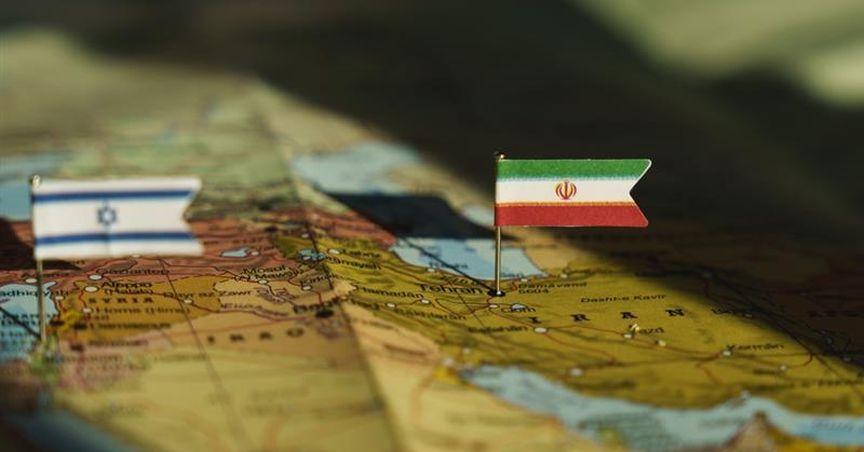Highlights
Israel and Iran agree to ceasefire following days of escalating conflict
U.S. President Trump announces ceasefire on social media, urges restraint
Tensions remain high with deadly strikes reported ahead of truce implementation
A ceasefire between Israel and Iran has been declared, with U.S. President Donald Trump confirming the agreement via a public post, urging both parties not to breach the truce. The announcement followed nearly two weeks of intense air and missile strikes exchanged between the two nations, resulting in multiple fatalities and widespread destruction across both territories.
Israeli Prime Minister Benjamin Netanyahu's office confirmed acceptance of the ceasefire plan, citing the removal of threats tied to Iran’s missile and nuclear programs. Despite the truce, Netanyahu warned that any violations would draw a firm response.
Missile Attacks Persist Before Truce Takes Hold
Despite the ceasefire announcement, reports emerged of missile strikes on Tuesday morning. Israel's ambulance services reported several fatalities in Beersheba, with Iran’s semi-official news outlets stating Tehran had launched its final wave of missiles before the ceasefire came into effect. Simultaneously, attacks in Iran’s Gilan province reportedly killed civilians and destroyed residential structures, with the loss of an Iranian nuclear scientist also reported.
While it remained unclear if the latter attack was directly linked to Israel, Iranian outlets attributed the strike to Israeli forces, suggesting it occurred just before the ceasefire was officially in place.
Diplomatic Efforts Behind the Ceasefire Agreement
The ceasefire reportedly resulted from direct negotiations involving U.S. leadership and coordination with both Israeli and Iranian officials. The White House indicated that Israel’s participation in the ceasefire was contingent on Iran halting its attacks. Trump’s statement highlighted what he called the strength and intelligence of both countries in agreeing to end what he dubbed the "12 Day War."
Additional diplomatic input came from Qatar, with Prime Minister Sheikh Mohammed bin Abdulrahman Al Thani playing a key role in obtaining Iran’s agreement. The U.S. Vice President, Secretary of State, and a special envoy were all engaged in negotiations throughout the weekend.
Uncertainty Around Long-Term Stability
Despite the agreement, several unanswered questions remain, particularly regarding the durability of the ceasefire between nations with a long history of enmity. Iranian Foreign Minister Abbas Araqchi noted that Tehran’s commitment depended on Israel ceasing military actions by a specified deadline.
While the United States and Israel have targeted Iran’s nuclear facilities in recent days, both countries have reiterated that the goal is to neutralize nuclear capabilities, not provoke a full-scale war. Iran maintains that its nuclear program is peaceful, though its supreme leader has made statements suggesting defiance against international limitations.
Impact on Markets and Regional Sentiment
Following news of the ceasefire, financial markets responded with early signs of optimism. U.S. stock index futures moved higher, and oil prices fell in Asian trade, reflecting a decrease in perceived geopolitical risk. Crude benchmarks reached their lowest levels in over a week, and market observers interpreted the ceasefire as a signal that energy supply disruptions in the region might be avoided.





